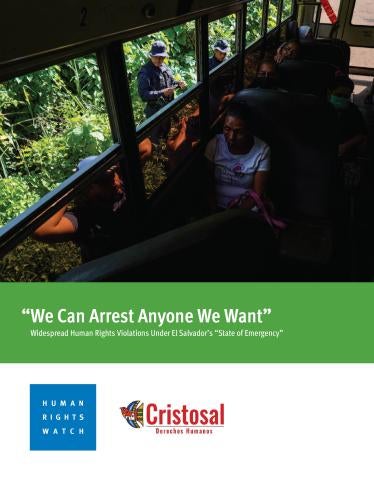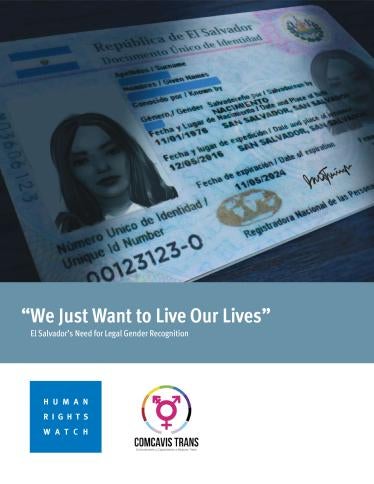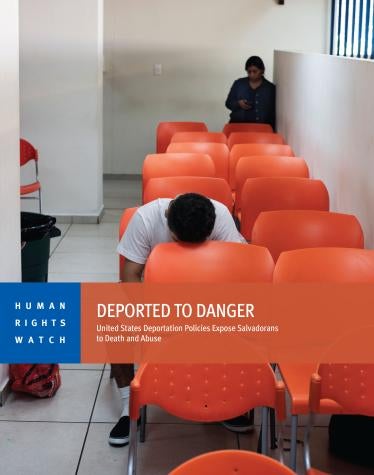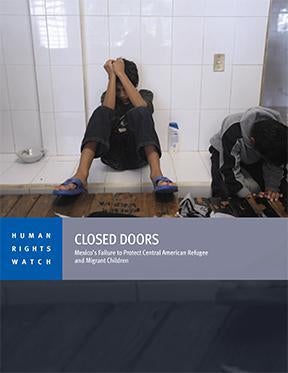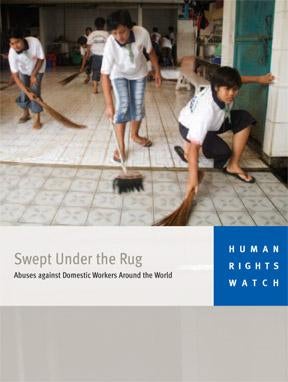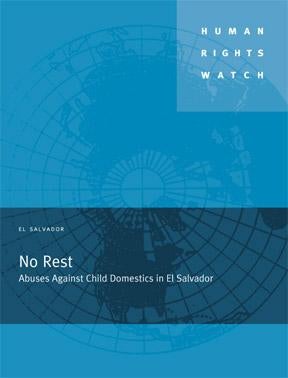“Your Child Does Not Exist Here”
Human Rights Abuses Against Children Under El Salvador’s “State of Emergency”
The 107-page report, “‘Your Child Does Not Exist Here’: Human Rights Abuses Against Children Under El Salvador’s ‘State of Emergency,’” documents arbitrary detention, torture, and other forms of ill-treatment against children under President Nayib Bukele’s “war on gangs.” Detained children have often faced overcrowding, lack of adequate food and health care, and have been denied access to their lawyers and family members. In some cases, children have been held, in the first days after arrest, alongside adults. Many have been convicted on overly broad charges and in unfair trials that deny due process.


